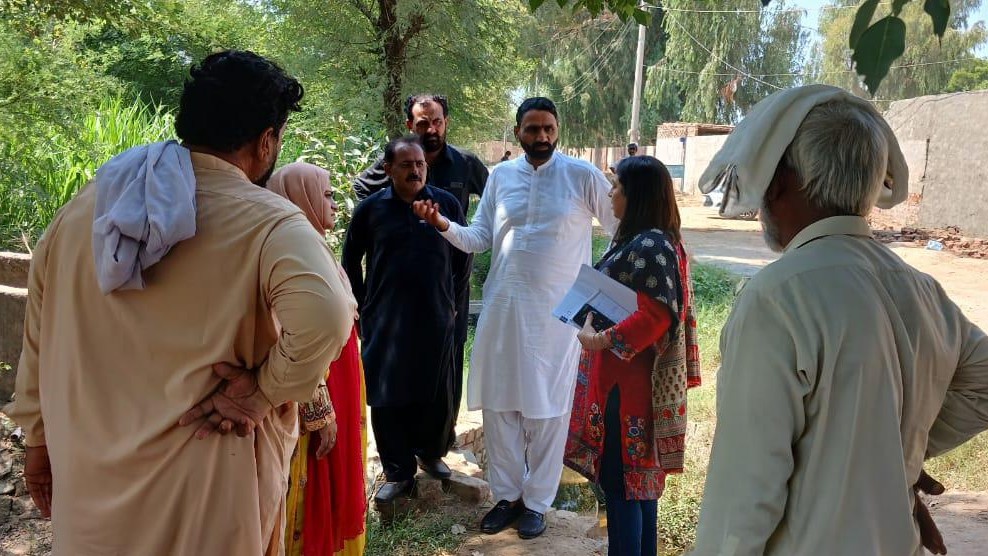

By Sahar Haq, Social Impact Senior Coordinator at Better Cotton and Wage Monitoring Project Lead, and Iain Stoddart, Standards and Assurance Senior Officer and Project Coordinator


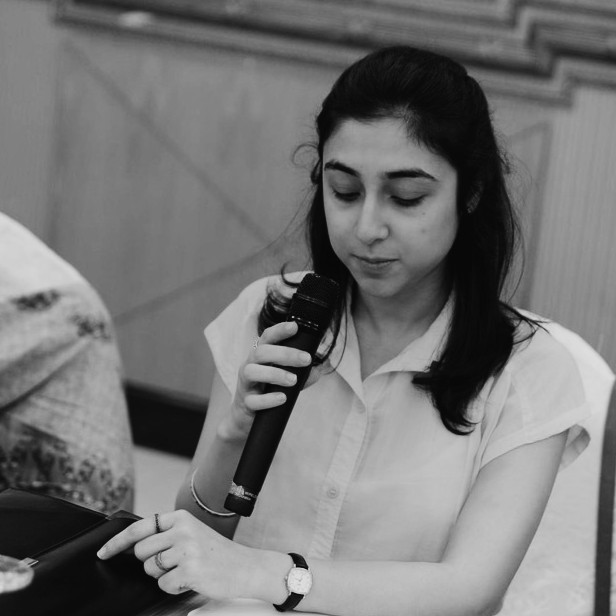

The ability to access wage data is a key component of ensuring that farm workers receive at least minimum wage as per the national or regional minimum applicable to agriculture, part of criterion 5.7 as laid out in Better Cotton’s Principles and Criteria v3.0. At the same time, accurate data is difficult to collect, especially in the complex context of smallholder farms in rural areas. The solution requires the use of digital platforms that are adaptable, user-friendly and accessible offline.
At Better Cotton, we are committed to making informed decisions when it comes to improving the livelihoods of cotton farmers, workers and communities worldwide, in line with our Decent Work Strategy. That is why we have successfully applied to the ISEAL Innovations Fund to develop and pilot a simple, digital wage sampling tool aimed at tracking and monitoring wages on smallholder farms in Pakistan by providing greater clarity on workers’ wages.
This digitised approach directly supports our commitment to promote wage transparency and reduce workers’ vulnerability to labour exploitation – key objectives of our recently published Decent Work Strategy 2030 Roadmap. This approach also aims to facilitate our Country Programme Partners in implementing data-driven wage improvement strategies.
Adopting digital tools like the Wage Sampling Tool allows us to strengthen field-level reporting, scale impactful solutions, and advocate more effectively for workers’ rights. Moreover, as digitalisation has become a driving factor in effective data collection, this tool will help provide insights into historical trends that can support programmes and farmers in improving wages and managing farm income.
Pilot Implementation in Pakistan
Between July and September 2024, the project team developed two survey tools (both paper-based and mobile) to collect wage data in Pakistan’s Punjab and Sindh provinces. To address connectivity issues that are common in rural areas, the team selected the CommCare application to host the tool – a highly adaptable digital platform that functions offline and can accommodate changing conditions in the field.
We then held workshops with our four Programme Partners: WWF Pakistan, The Centre for Agriculture and Bioscience International Pakistan (CABI), The Rural Education and Economic Development Society Pakistan (REEDS) and Sangtani Women Rural Development Organization (SWRDO). During these workshops, we trained field staff on how to use the digital tool and on best practices for collecting accurate data. The survey was then rolled out during the late picking season in November and December 2024. Overall, we collected wage data from over 2,000 workers across various categories (permanent and seasonal) and pay structures (hourly, daily, and output-based).
As part of the project, the project team also developed a global wage sampling guidance framework to help Programme Partners with implementation and to begin work towards standardising wage data collection across regions. The adaptability of the tool demonstrates its replicability for other Better Cotton countries in the future.
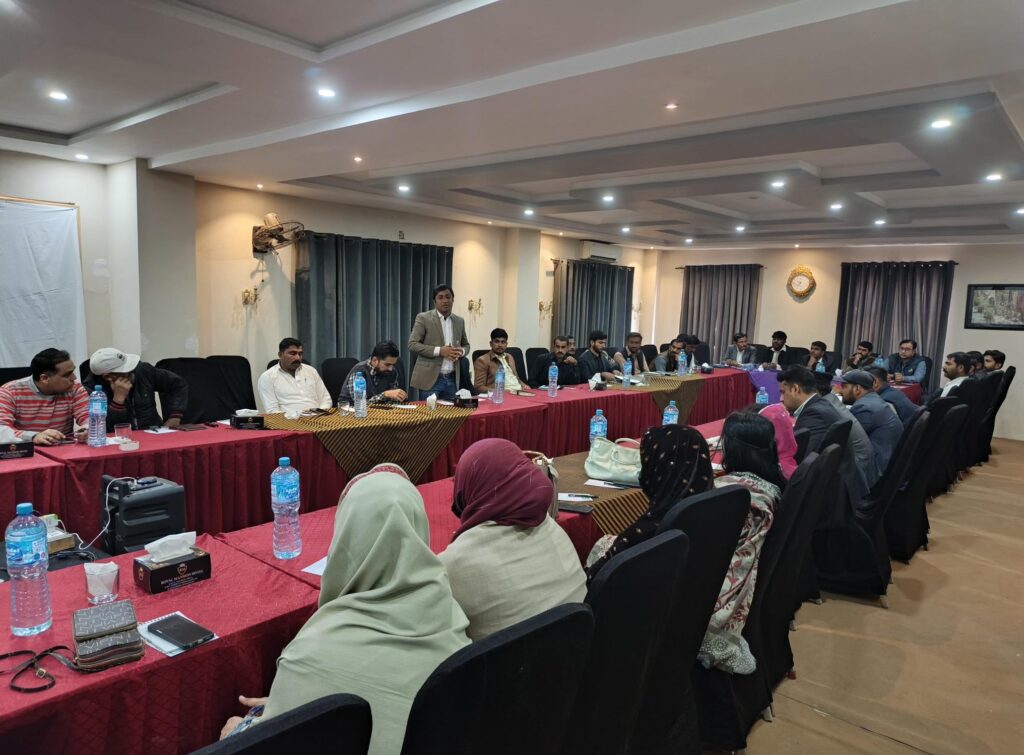

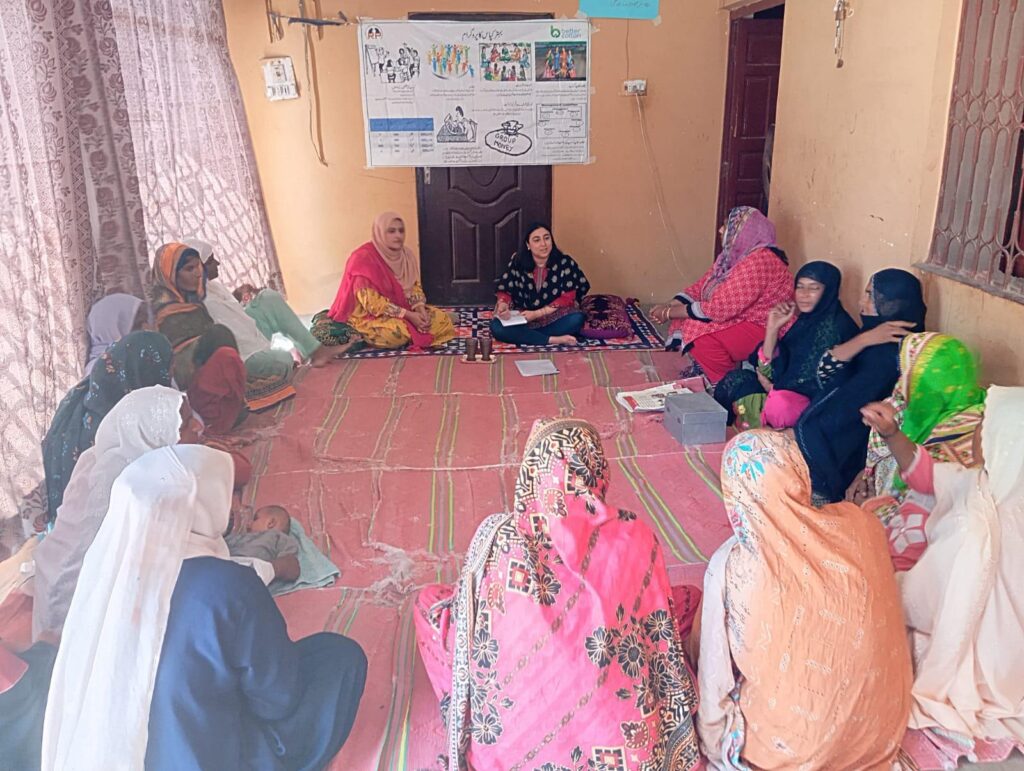

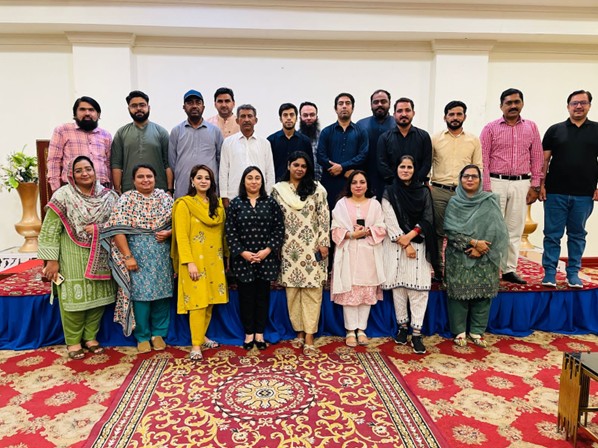

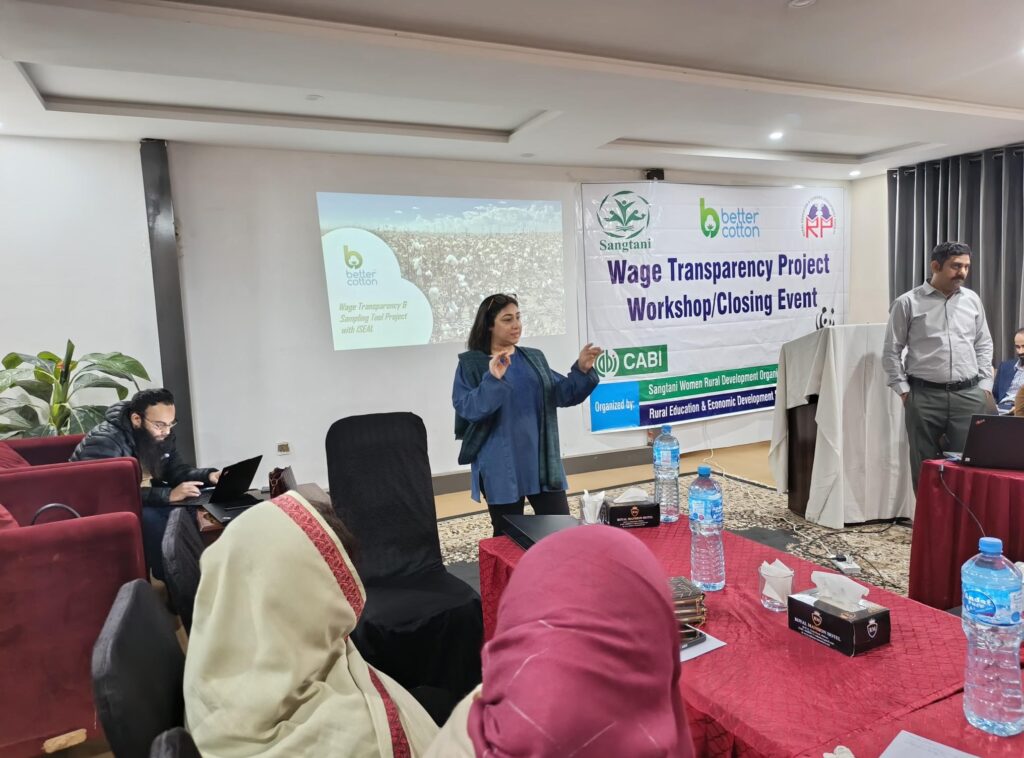

Early Insights and Future Impact
Early figures and learnings from this project have provided crucial baseline measures for wage data, which we previously did not have. These baselines allow us to better understand what types of remuneration workers receive, which we can then use to benchmark against minimum wage requirements in Pakistan. These comparisons are key to effectively construct action plans to remediate any earning gaps which may be present and improve the livelihoods of farm workers who may be earning below the minimum wage.
As we continue to use the wage sampling tool, we’ll be able to identify trends and modalities to better track earning fluctuations through the seasons and measure the effectiveness of present and future interventions.
The digitalisation of wage tracking marks a key milestone in the continuous improvement of livelihoods and wage transparency – goals that remain central to our Decent Work Roadmap.
Quantifying minimum wage gaps and exploring living wages using credible benchmarks and methodologies is a first step towards building pathways to sustainable livelihoods for farming communities. Collaborating with members, brands, governments and actors across the supply chain to scale up this evidence base and utilise these methodologies is the next one in ensuring ethical sourcing from farm to market.
This project was made possible thanks to a grant from the ISEAL Innovations Fund, which is supported by the Swiss State Secretariat for Economic Affairs SECO and UK International Development from the UK government.







































